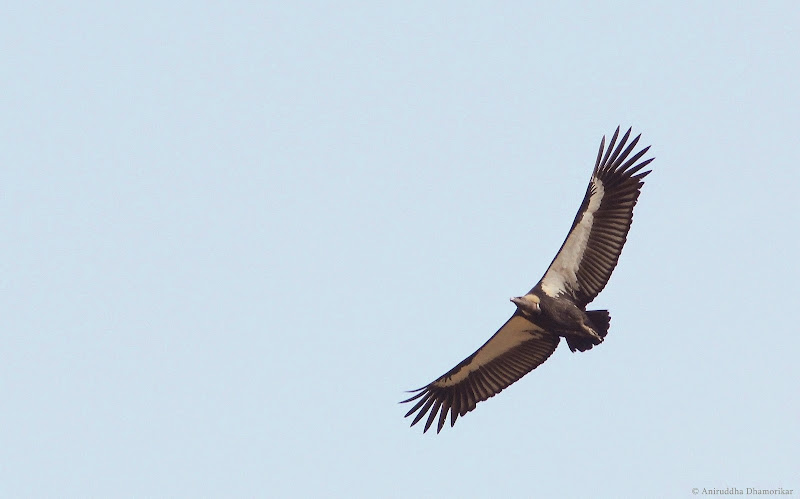Barefoot Notes: Where are Kanha's vultures?
It is the coldest day of the year. I’m riding with Omprakash on his motorbike scanning for signs of one of Kanha’s enigmatic species – other than the tiger – the vultures. And there are none to be seen. We are scanning the Kanhari beat as three other teams scan different areas of Kanha known for their vulture populations. A beat is a small unit of a range, but it can be large enough for a team to explore within a few hours; and we have only two of those. It is .7 degrees below zero, and the grass is white as bone. The frost grows on it like fungus, crippling the movement of Kanha’s singing grasslands and turning them into silent tombstones. I am cold and cursing myself for not bringing hand gloves along as my breath turns to clouds. Our beat adjoins Kanha, from which the tiger reserve gets its name. It is one of the first villages to be relocated outside the park. Since then Kanha has seen a dramatic land use change. Agricultural fields gave birth to grasslands, and sal trees...
